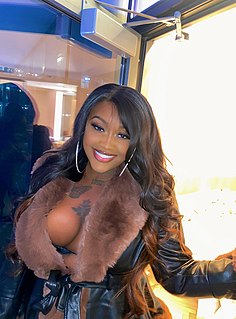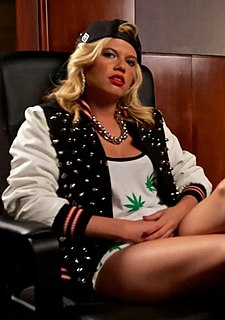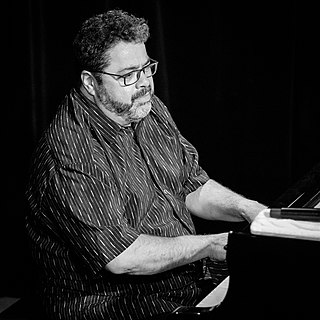A Quote by Richard Grossman
I'm truly an outsider in the poetry world. When I started writing, I was trying to move my poems away from modernist lines.
Related Quotes
When modernist poetry, or what not so long ago passed for modernist poetry, can reach the stage where the following piece by Mr. Ezra Pound is seriously offered as a poem, there is some justification for the plain reader and orthodox critic who shrinks from anything that may be labelled 'modernist' either in terms of condemnation or approbation. Better he thinks, that ten authentic poets should be left for posterity to discover than one charlatan should be allowed to steal into the Temple of Fame.
Writing fiction, for me, is a more indirect form of self-exploration than writing verse. When I'm working on a novel I'm moving characters around and I'm thinking about plot and there's a lot of other things going on at the level of structure and story. With a poem, a single idea or line or emotion can sometimes be enough - there's often a sense, in the best poems, of capturing a single instant. Perhaps poems differ from prose in the degree of solace they can offer - by speaking so personally, so directly, about shared experience. A few lines of poetry can provide comfort.
The judges who awarded the 1980 Commonwealth Poetry Prize to my first collection of poems, Crossing the Peninsula and Other Poems, cited with approval and with no apparent conscious irony my early poem, "No Alarms." The poem was composed probably sometime in 1974 or 1975, and it complained about the impossibility of writing poetry - of being a poet - under the conditions in which I was living then.
A lot of groups spend their whole cultural and aesthetic identity trying to move away from Africa, which I think is a mistake. One of the reasons I love Cuba and cultures like that is because they're not trying to move away from their African roots, they're trying to embrace them. That's part of the culture.
The maiden Olympics had more to protest about than mere war, though. Central to its ethos was a rejection of two establishments the political one, certainly, but also that of the wider poetry world itself. It changed poetry for ever in the UK, ... It led to readings all over the country. You suddenly got more women reading and publishing poems, as well as gay guys and poets from all over the world. Until that time, published poetry had been very university-based white, male, middle-class. We were trying to break poetry out of its academic confines.


































